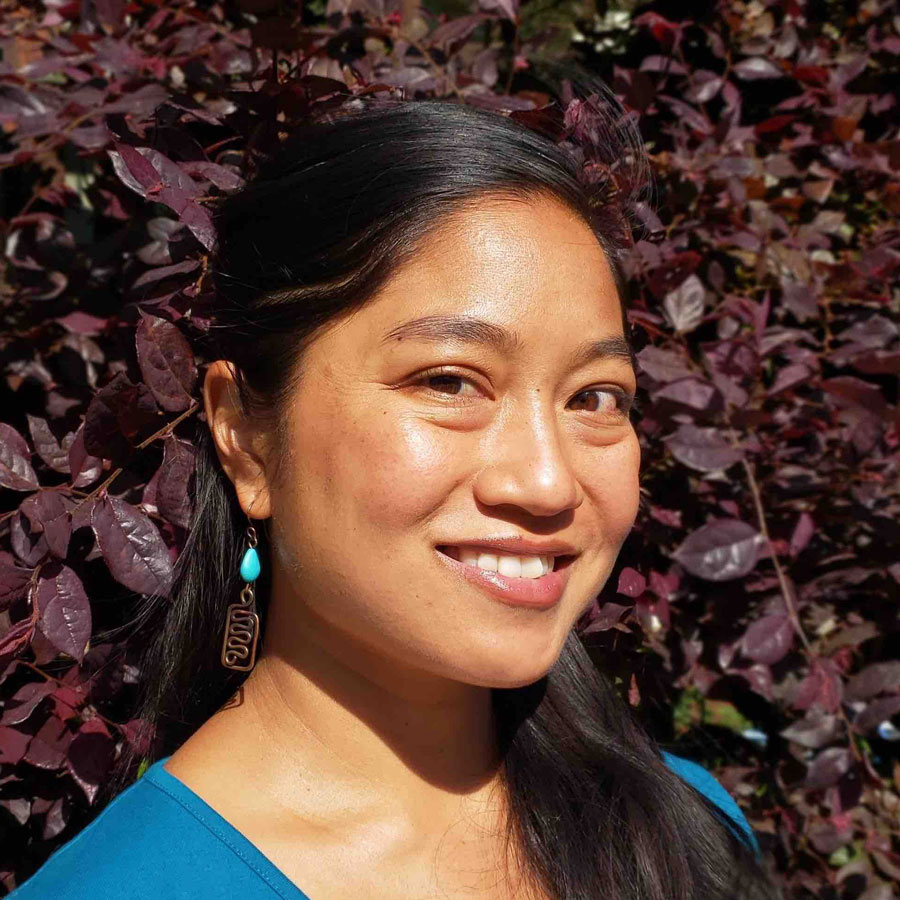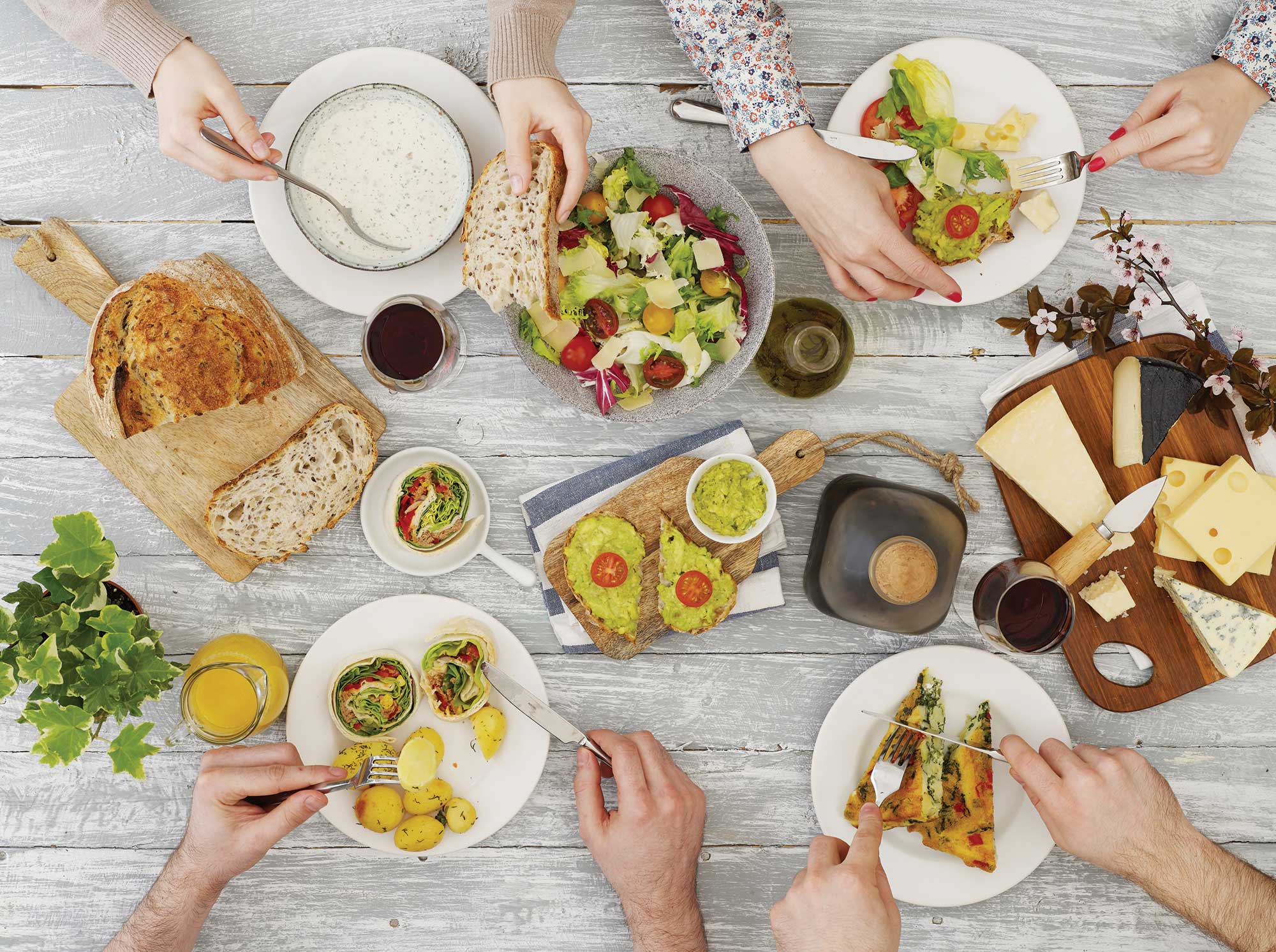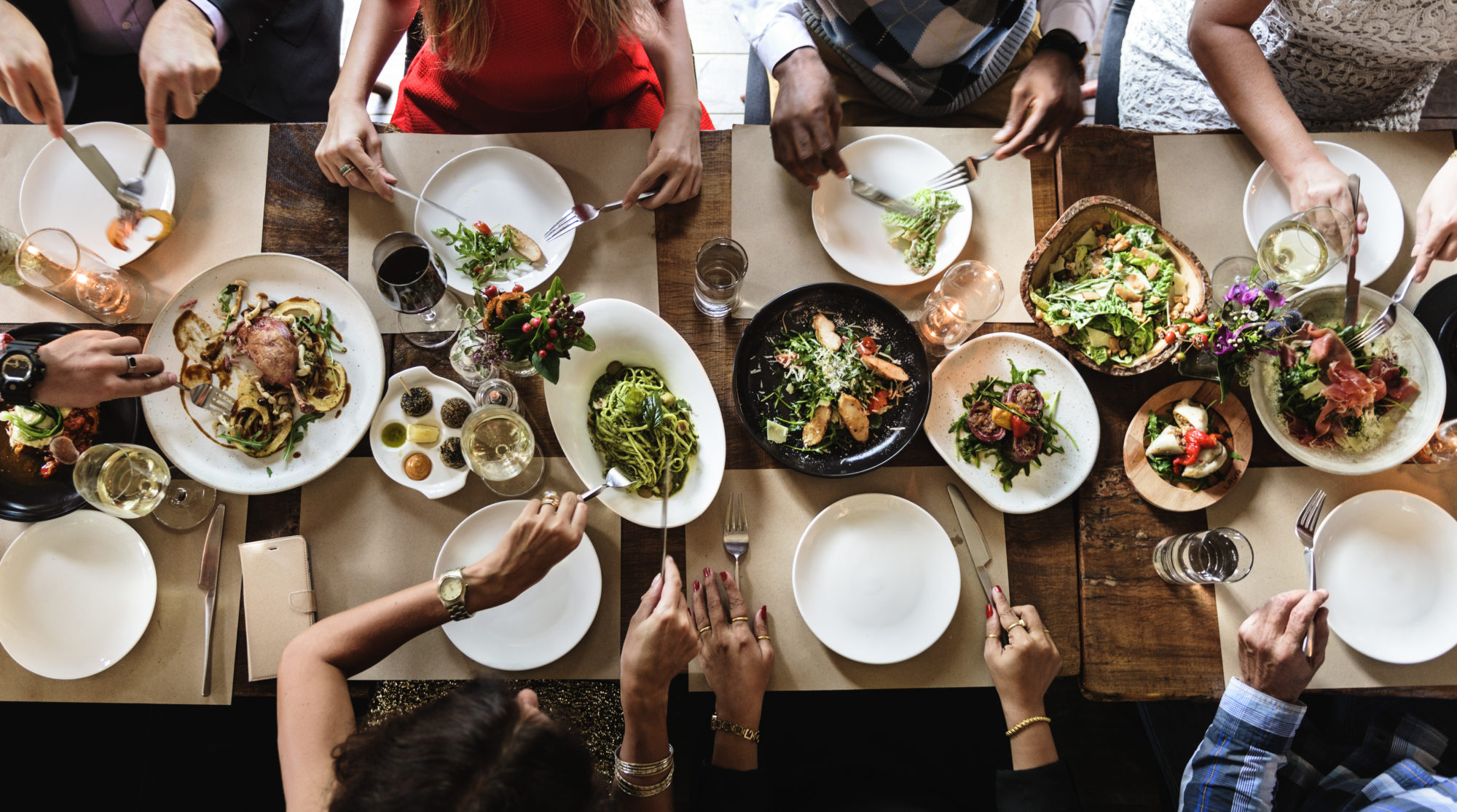
Aileen SuzaraSariwa, Founder, Manager
Organization:
Sariwa Kitchen
Sama Sama Cooperative
Stupski Foundation
Location: Richmond, CA
Social Media: @aileensuzara
Current work in response to COVID-19: Aileen Suzara is converting commissary kitchens into places to prepare culturally conscious pay-as-you can food as medicine meals, while growing a network of support for young Asian American farmers in Northern California.
I’m excited to be a Castanea Fellow because… I believe our roots and culture serve as
medicine to heal the food system.
What is the challenge your work addresses?
We need to change the narrative about the role of food in health. All communities deserve access to healthy, local and sustainable food. Ensuring foods are also culturally-based, racially and ecologically just, and community-driven is part of growing a culture of health. My work is across communities of color with a focus on the Filipino American community. Filipinos are a substantial population in the U.S., brought largely by waves of migration that shaped the agricultural system, and later, the healthcare sector. Yet, despite this presence, we are often invisible to the majority. Colonization and acculturation have impacted our relationships to land and food, and our communities now face a modern epidemic of illnesses including diabetes and heart disease. My work focuses on solutions that come from within. In reawakening our ancestral knowledge, we can also envision a healthier food system together with all communities.
What strategies are you using to address the challenge?
Food is a vehicle for so many other things - from identity to responsibility to place. Reclaiming cultural food practices is a point of intervention that can be used to strengthen heritage, while improving health and nutrition. My early work began while bridging public health nutrition with climate change issues through community popup meals, using something people cherish - like family recipes or the taste of heritage crops - as an opening point for wider conversations. It’s about finding innovative and creative ways to use the interest around food culture for movement building. We have opportunities to forge partnerships and synergize efforts between public health and healthcare practitioners, (agri)cultural keepers and food workers. Uplifting this knowledge base can help us create a more culturally appropriate system of health, and engage those who may not otherwise see themselves reflected in it. Looking ahead, there are opportunities to connect food with the healthcare setting. More resources are moving there, too.
ow do we work to ensure all our communities benefit from these resources?
What does success look like to you?
I see success through the lens of health. This includes a healthier distribution of resources, such as shifting who and how institutional funding supports the good food movement, to rewriting media narratives that reflect community values of food and health. Success looks like reclaiming the spiritual, mental and emotional healing of food. It is in the health of land - how we transform our food relationships to be defined not by suffering or extraction, but by ones that sustain health, honor culture and celebrate the goodness of the earth. Our work spans generations. I often turn towards young people as a guiding compass. They are hungry to recover the histories and roots that previous generations were nearly severed from. In a troubled world, they are helping us all reimagine a future that heals what’s been broken, renews our connections to food and passes along what we value most.


